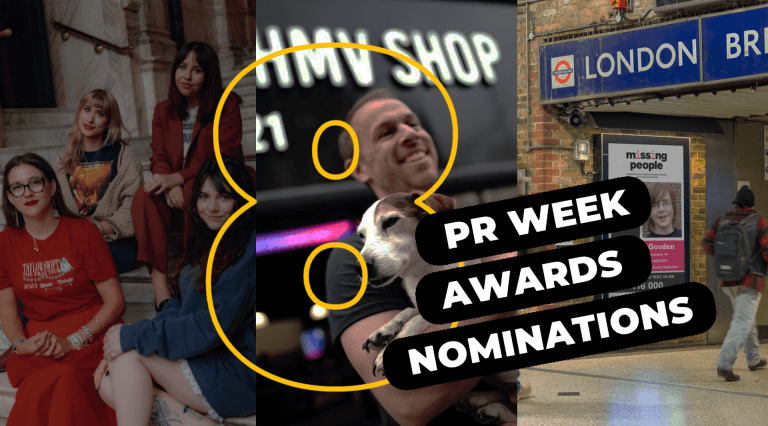It won’t have escaped your notice that we’re in the midst of a 70s style strike-a-thon – and that teachers are next.
Whatever your opinion on the strikes themselves, we can all agree that nothing sends shivers down a working parent’s spine – particularly post-COVID-19 lockdowns – more than the idea of impending school closures.
Yet how many PR employers (and clients) are going to be supportive and flexible to these parents, working under enormous stress to keep up their working responsibilities, despite also caring for children? It made me wonder. Why are we still losing talent by clinging to linear working hours, instead of grabbing their enormous value with both hands?
My contemporaries and I are often approached by recruiters about ‘senior roles with great benefits’. Delve in, and this rarely includes truly flexible working. Successful, senior workers abandon long-term jobs post-baby, because they can’t secure flexible working at the salary they need to pay more than the average mortgage in childcare fees. Whether agency or in-house, the move is made to a ‘smaller, more flexible job’. One that pays less. One they love less.
Contradictorily, we are also routinely told that flexibility is something you ‘earn’ once you’ve worked in an organisation for years, not something you can expect going into a new role. This feels discriminatory. Doesn’t that mean that working parents – often mothers, if we’re honest – are trapped in organisations that aren’t valuing them enough to give real flexibility, for fear of losing the hard-won teeny bit of flex they do have? If you’re recruiting for a senior role and you won’t consider candidates who need a four-day-week, remote working, or shorter days to fit with school hours, then you’re potentially missing out on real talent for the sake of a few linear hours.
I recognise that I talk about this from a position of privilege. I have a very flexible employer. The problem here is that, in general, we don’t have this privilege and are not empowered to talk about this as an issue in our small industry, in case future employers see it and assess us accordingly. Unfavourably.
And so the cycle continues. Talent is lost as experienced, senior women are squeezed out. Yes, it’s improving, but the percentages of women versus men at entry-level in PR are still not comparable to the top – and this issue is a contributing factor.
The PR industry has shown in recent years that we can work flexibly, and successfully from home. But we’re not going far enough. I hope to see more roles coming up with great salaries and shorter weeks. Flexible hours on top of that. Job shares, even. If more employers could trust that the talent is worth the flex and that excellent work will get done – just maybe after bedtime if little Johnny’s at home while the teachers strike – we’ll be on our way.
Amy Jones, Board Creative Director, Hope&Glory. This article first appeared on PR Week




